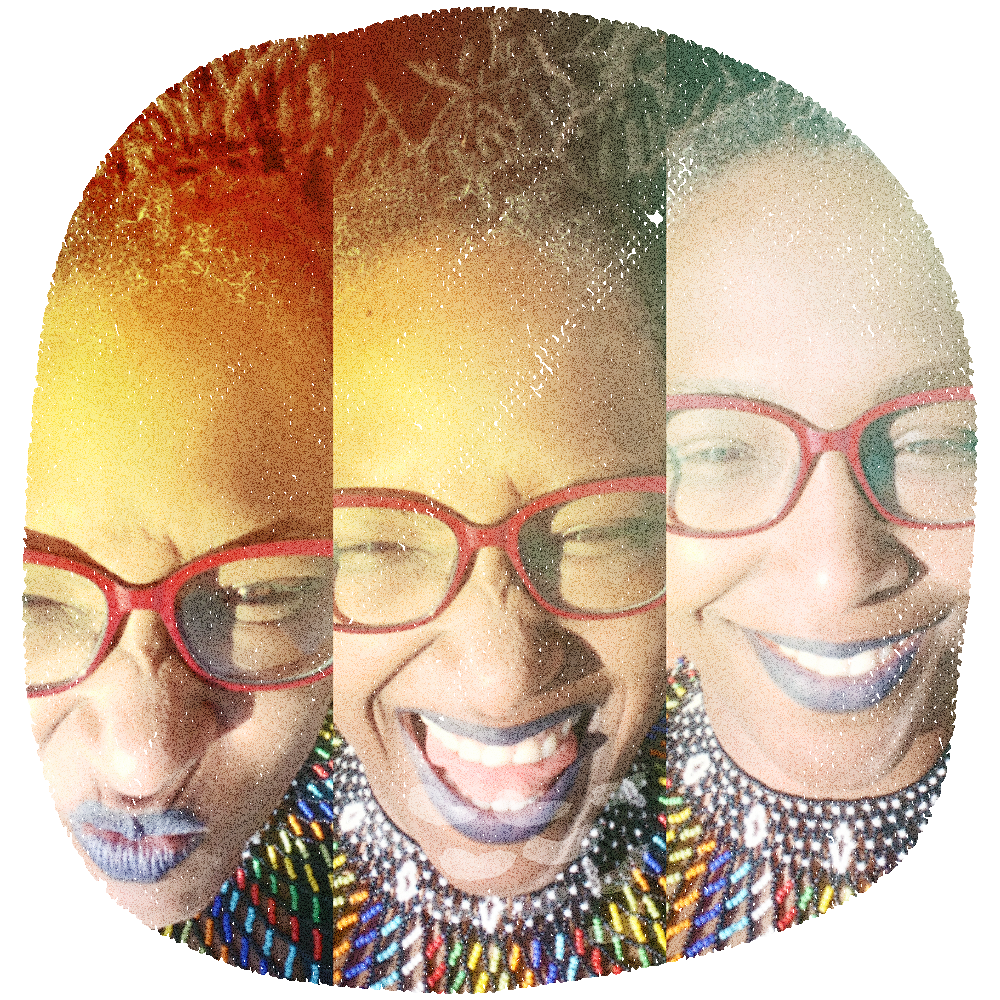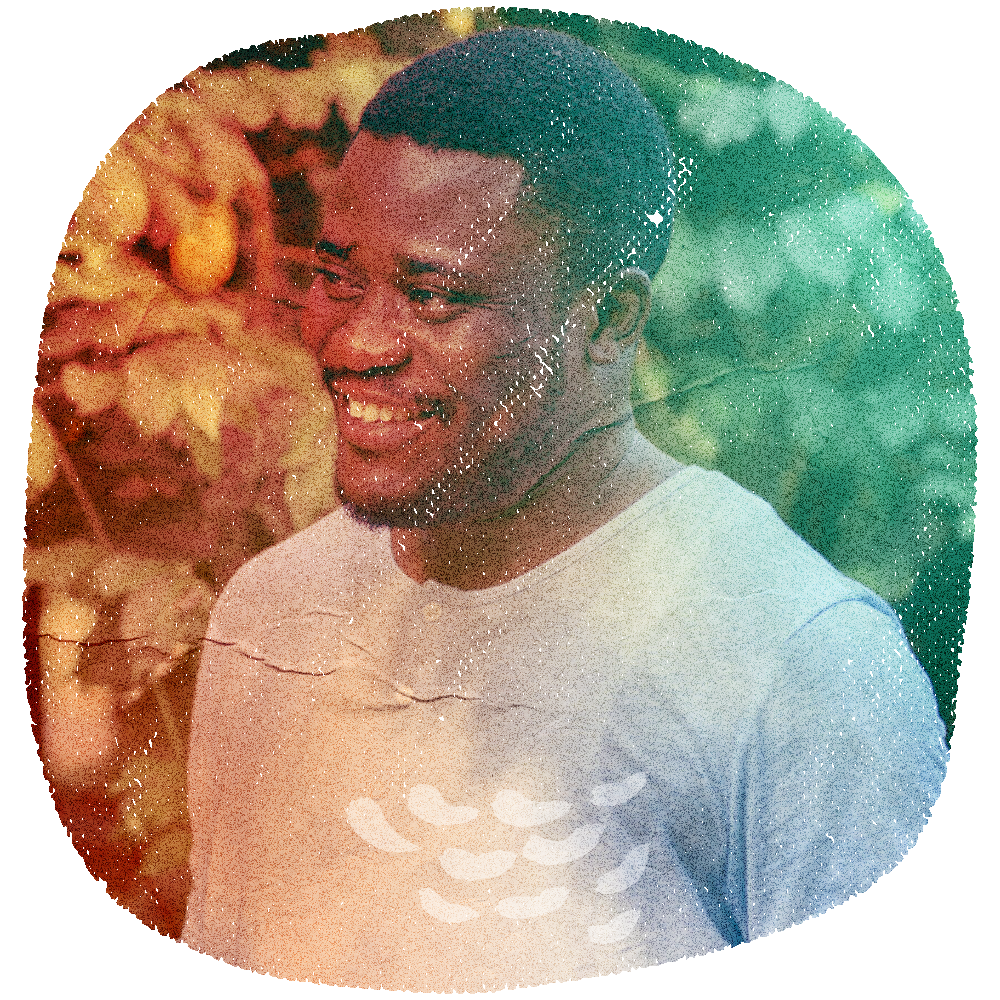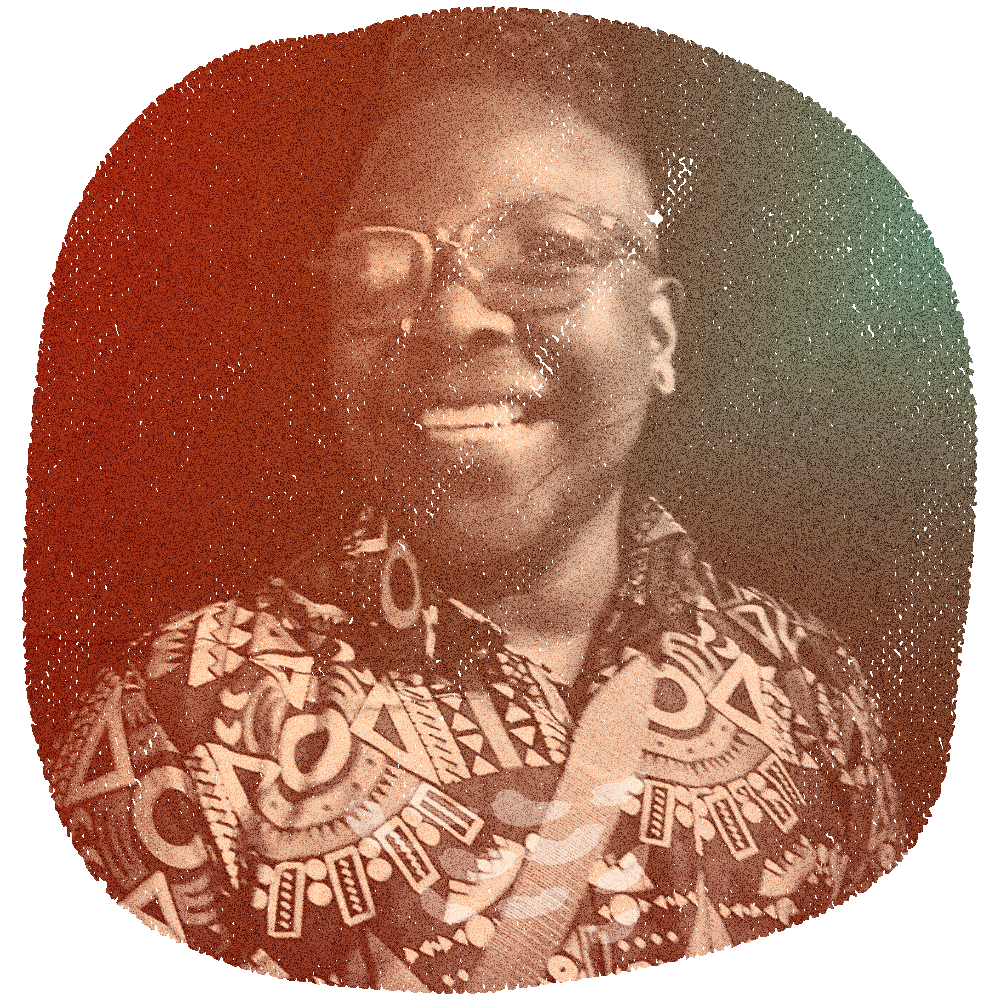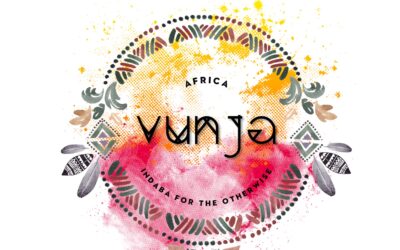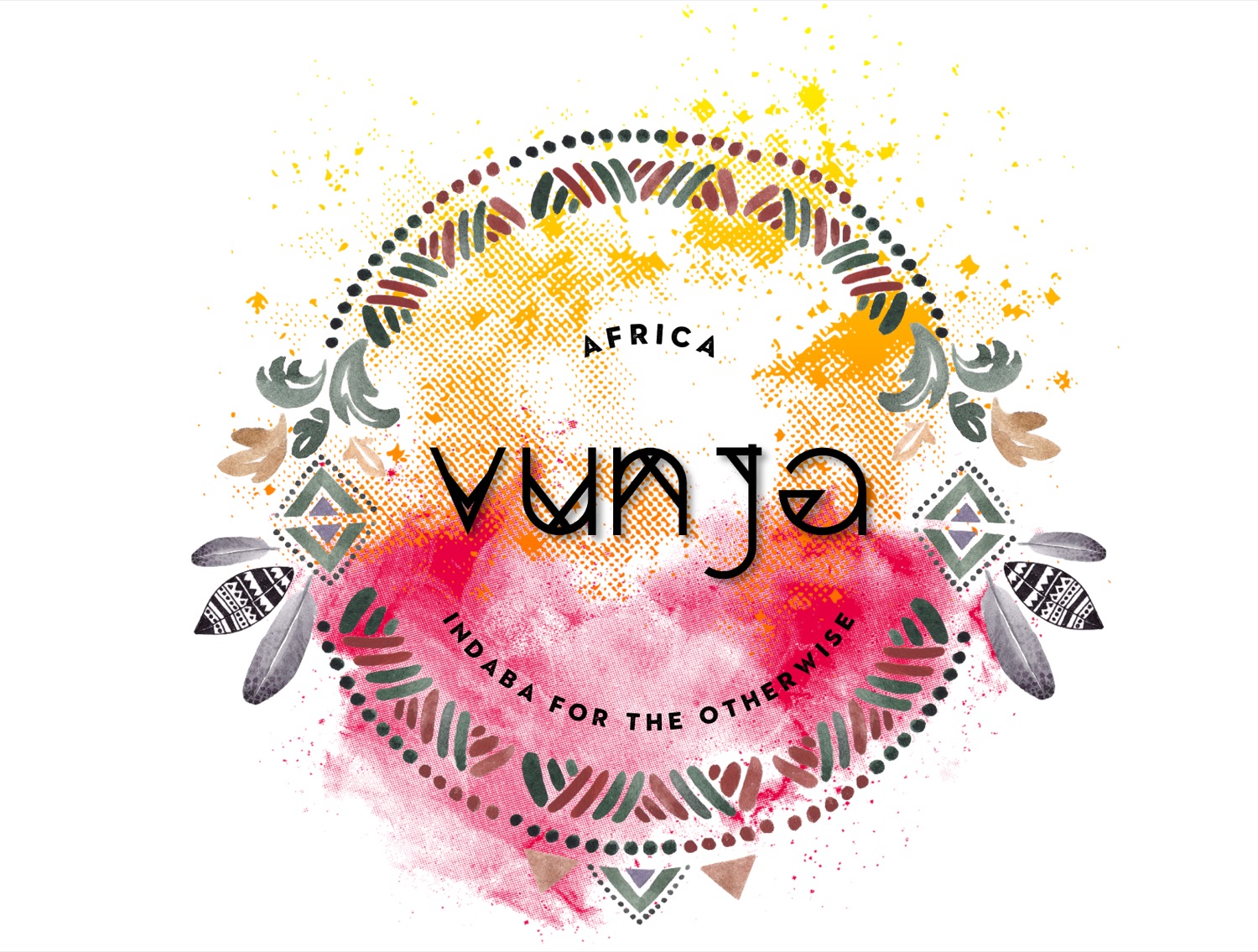

Vunja Project Description
Vunja! [ten artifacts] Imagine other possibilities of being alive! Imagine ruptures and openings in spaces of suffering. Imagine other shapes and genres of being human. Imagine other futures! Vunja means rupture or breakage and also colloquially denotes ‘dance’ in...
The Premise of Vunja!
Vunja! [ten artifacts] Imagine other possibilities of being alive! Imagine ruptures and openings in spaces of suffering. Imagine other shapes and genres of being human. Imagine other futures! Vunja means rupture or breakage and also colloquially denotes ‘dance’ in...
Grounding VUNJA: Fieldnotes from my Journey to the Old ‘New World’
Vunja! [ten artifacts] Imagine other possibilities of being alive! Imagine ruptures and openings in spaces of suffering. Imagine other shapes and genres of being human. Imagine other futures! Vunja means rupture or breakage and also colloquially denotes ‘dance’ in...
Vunja! Party (2021)
Vunja! [past ten events] Imagine other possibilities of being alive! Imagine ruptures and openings in spaces of suffering. Imagine other shapes and genres of being human. Imagine other futures! Vunja means rupture or breakage and also colloquially denotes ‘dance’ in...
Vunja! Sonic Collage, Musicscapes, AfroRhizomatic Dance (2022)
Vunja! [ten artifacts] Imagine other possibilities of being alive! Imagine ruptures and openings in spaces of suffering. Imagine other shapes and genres of being human. Imagine other futures! Vunja means rupture or breakage and also colloquially denotes ‘dance’ in...
We Will Dance with Mountains: Vunja! Live Session Libations (2023)
Vunja! [ten artifacts] Imagine other possibilities of being alive! Imagine ruptures and openings in spaces of suffering. Imagine other shapes and genres of being human. Imagine other futures! Vunja means rupture or breakage and also colloquially denotes ‘dance’ in...

